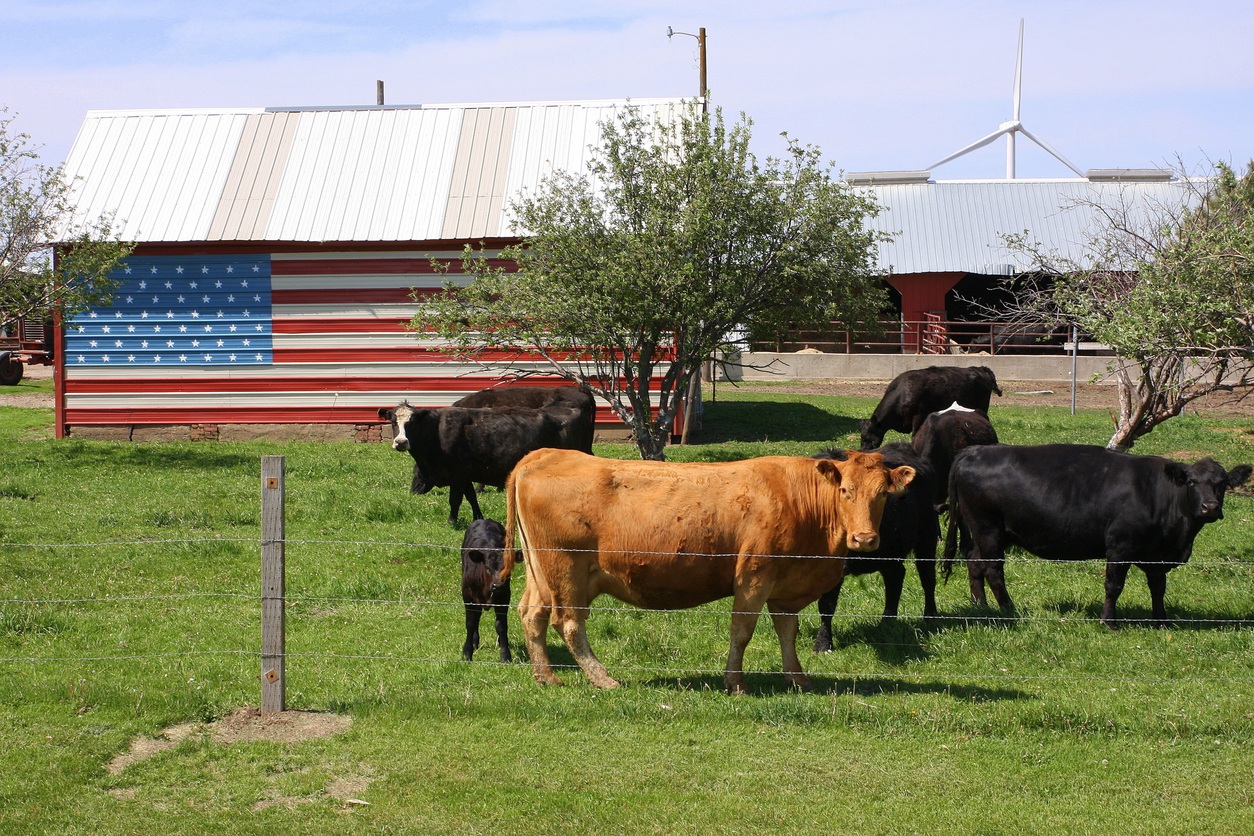
Beef cattle disease confirmed in Iowa for the first time
Experts advise checking herds for ticks, parasites
The Iowa Department of Agriculture and Land Stewardship has confirmed a case of Theileriosis, caused by Theileria orientalis Ikeda, in a herd of cattle in southeast Iowa for the first time.
Theileria is a protozoan parasite that infects red and white blood cells, leading to anemia and, in some cases, death. The parasite is carried by Asian Longhorned Ticks (ALHT), which have recently been identified in Iowa for the first time. Although the tick will be active all summer, it is common to see a surge of infestations when cattle are first introduced into a new pasture. The presence of a preferred host generates a surge in new ticks, as females will begin to lay thousands of eggs.
Cattle producers should closely observe cattle on pasture regularly for signs of tick infestation (especially in Southern Iowa; although, expect the tick to spread north this summer), particularly since many cows have been turned out to pasture recently.
Typically, cattle affected by Theileriosis will show signs of lethargy, anemia and difficulty breathing. They may develop ventral edema, exercise intolerance, jaundice and abortions. Although signs of Theileriosis are similar to anaplasmosis, younger animals and calves often display more severe signs compared to mature cows and bulls. Due to anemia from both tick infestation and Theileria, the risk of death can be elevated. If cattle producers suspect either Theileria or ALHT, have a veterinarian collect appropriate samples and submit them to the Iowa State University Veterinary Diagnostic Lab.
Questions about this Article?:

Copyright © 2021-2025. All rights reserved
This website stores cookies on your computer. These cookies are used to collect information about how you interact with our website and allow us to remember you. We use this information in order to improve and customize your browsing experience and for analytics and metrics about our visitors on this website. To find out more about the cookies we use, see ourPrivacy Policy.